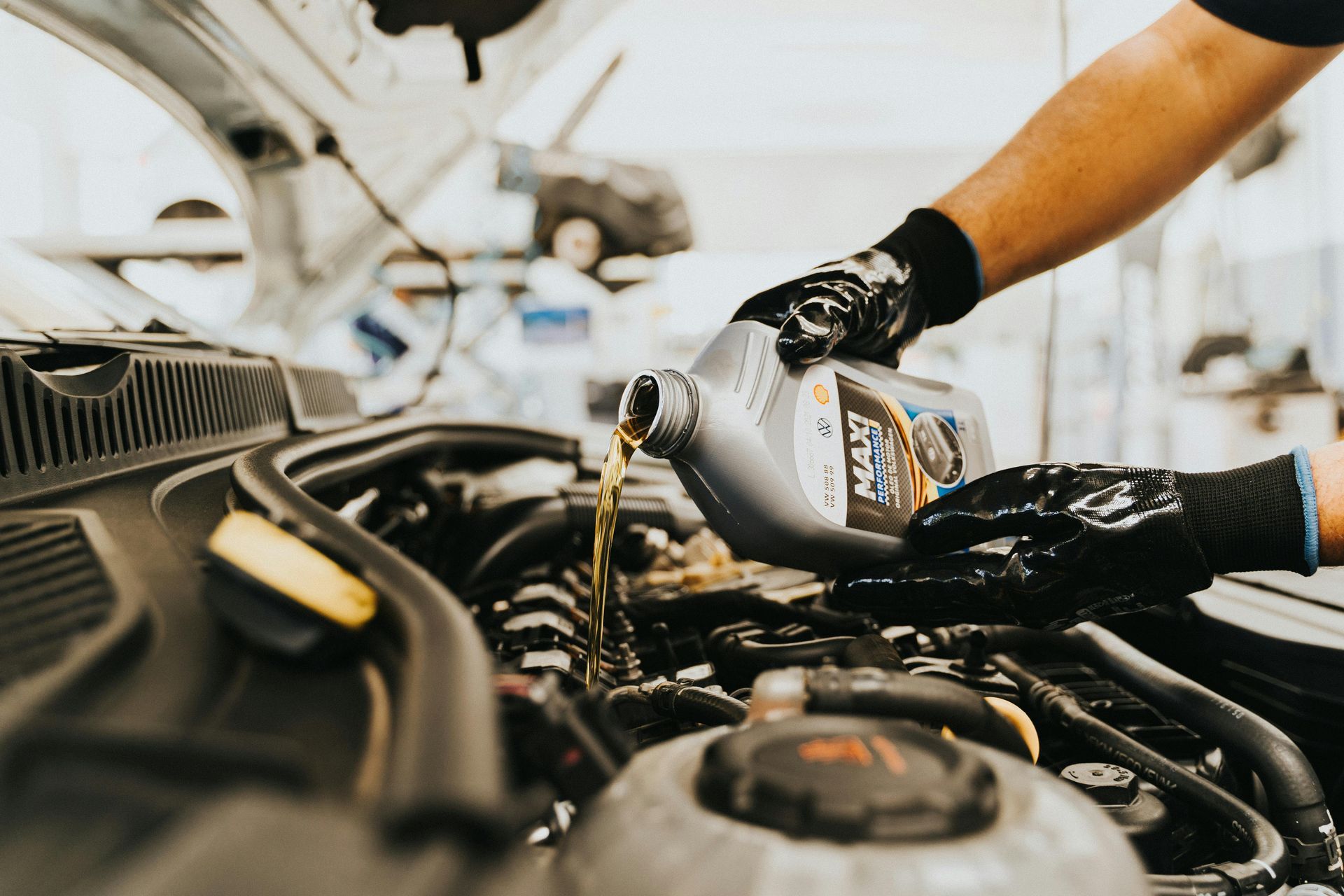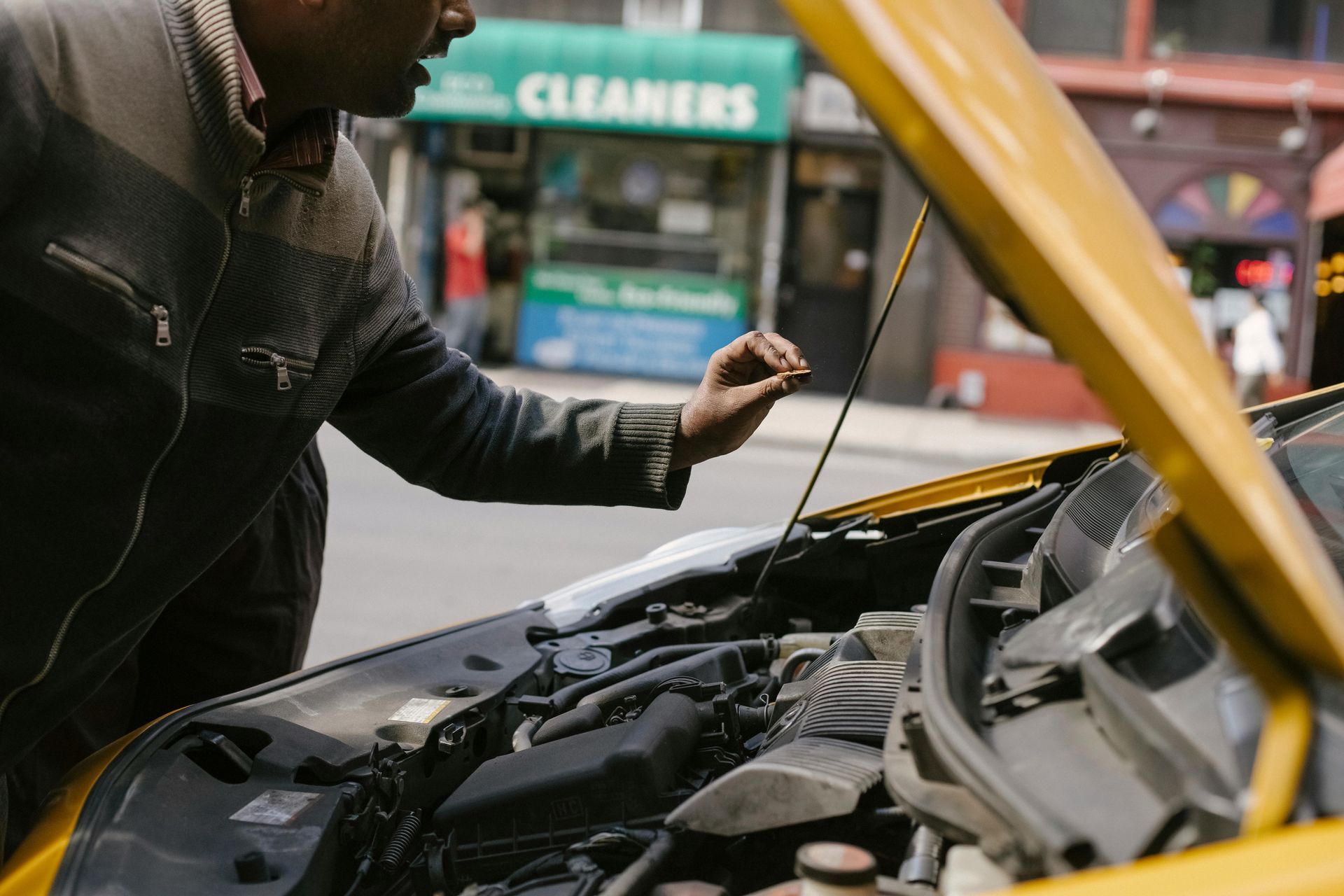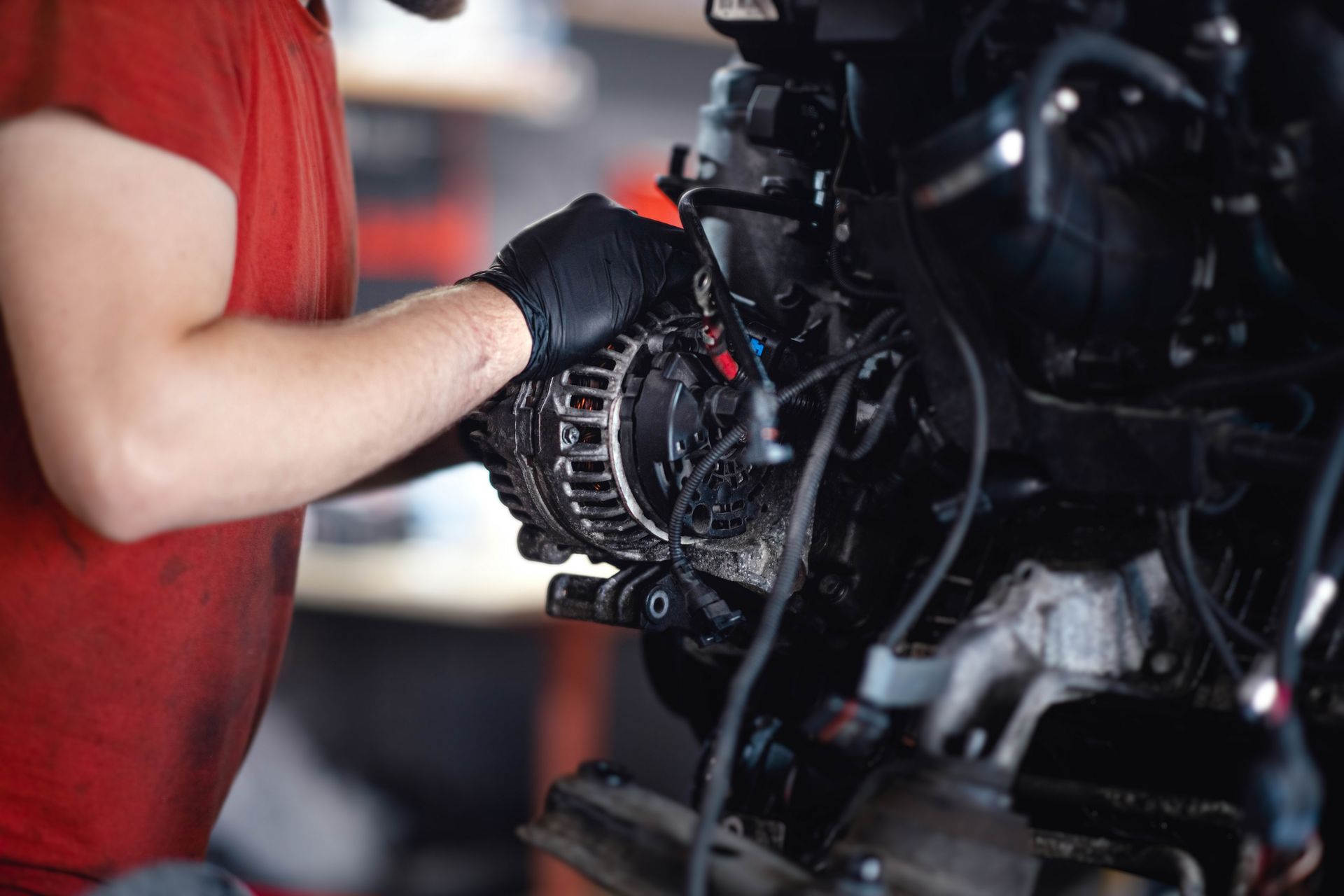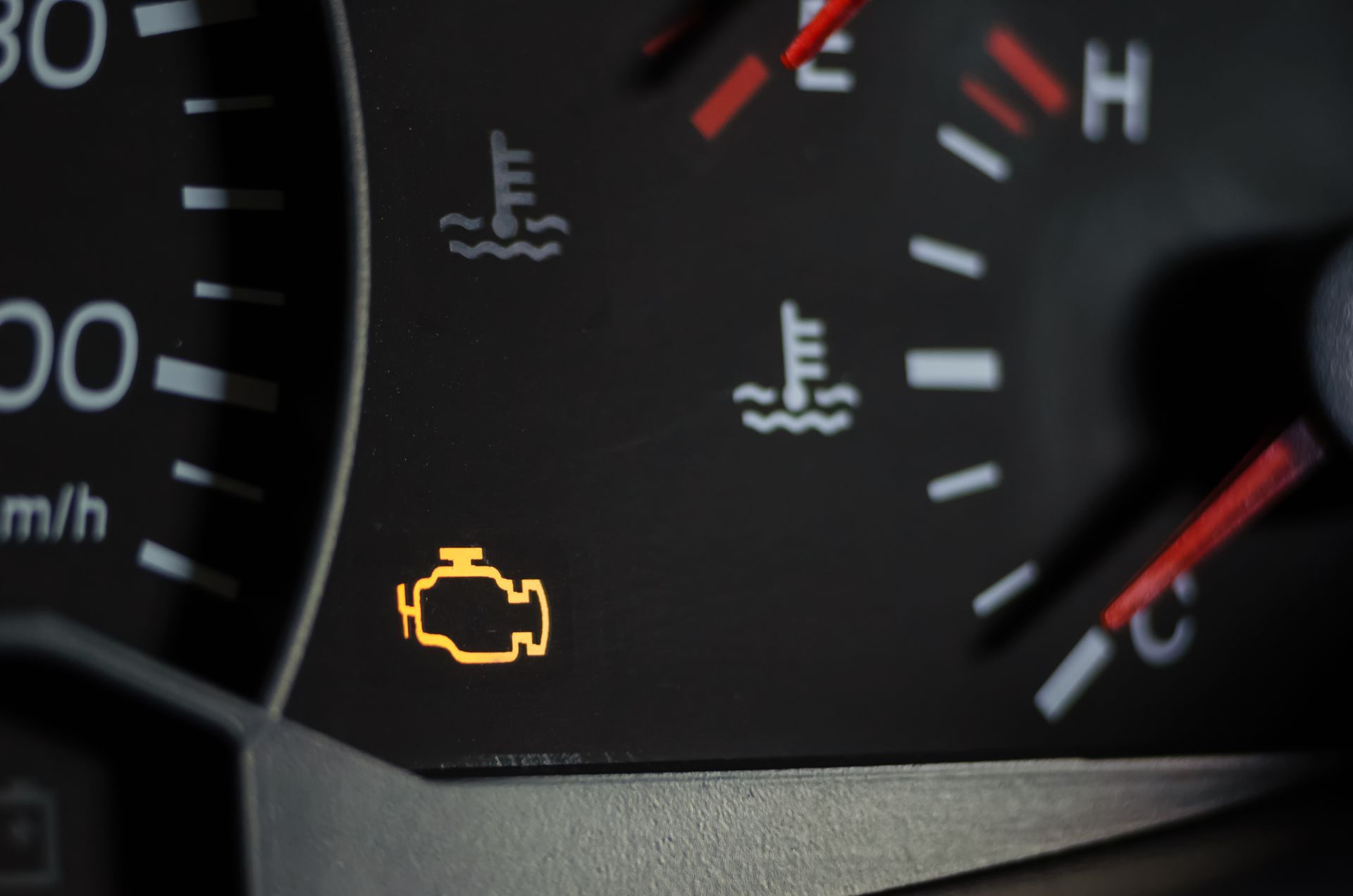How Often Should You Change Your Car’s Fluids? Tips from Premier Automotive Services in Kent, WA
Keeping your vehicle running smoothly involves more than just the occasional oil change. At Premier Automotive Services in Kent, WA, we believe in educating our customers on the importance of regular maintenance, particularly fluid changes. Fluids are the lifeblood of your vehicle, ensuring that vital components remain lubricated, cooled, and functional. But how often should you change your car’s fluids? In this blog post, we’ll guide you through the key fluids that need attention and the recommended intervals for each.
1. Engine Oil: The Essential Fluid
Oil is the most common fluid drivers think about when it comes to maintenance, but it’s not always clear when to change it. At Premier Automotive Services, we recommend oil changes every 3,000 to 5,000 miles for conventional oil, while synthetic oils can go up to 7,500 miles between changes. Regular oil changes ensure your engine runs smoothly, reduces wear and tear, and extends the overall life of your vehicle. Neglecting oil changes can lead to sludge buildup and even engine failure, resulting in costly repairs.
2. Transmission Fluid: Keeping Gears in Motion
Transmission fluid ensures your vehicle shifts gears smoothly. If it becomes dirty or depleted, your car could experience hard shifts, slipping, or even transmission failure. For most vehicles, it’s recommended to change the transmission fluid every 30,000 to 60,000 miles. However, at Premier Automotive Services, we suggest checking your owner’s manual for the specific recommendation based on your vehicle make and model. Whether you're driving an automatic or manual transmission vehicle, maintaining proper fluid levels is key to preventing expensive transmission repairs.
3. Brake Fluid: Safety in Every Stop
Brake fluid is essential for the safe operation of your vehicle’s braking system. Over time, brake fluid absorbs moisture from the air, which can lead to reduced braking performance or even brake failure in extreme cases. Premier Automotive Services advises a brake fluid change every two years or 24,000 miles. Regular brake fluid flushes will ensure that your brakes respond quickly when you need them the most.
4. Coolant: Keeping Your Engine Cool
Your car’s cooling system works hard to keep the engine from overheating, and coolant (or antifreeze) plays a critical role in that process. Without enough coolant, your engine could overheat, leading to significant damage. At Premier Automotive Services, we recommend a coolant change every 30,000 to 50,000 miles. This will help prevent issues such as radiator corrosion, water pump failure, or engine overheating. Regular coolant checks are especially important during seasonal changes when extreme temperatures can put additional stress on your engine.
5. Power Steering Fluid: Smooth Steering Performance
Power steering fluid is often overlooked, but it’s vital for maintaining smooth and responsive steering. Over time, this fluid can become contaminated with debris, which can affect steering precision. We advise checking your power steering fluid levels regularly and changing it every 50,000 to 100,000 miles, depending on your driving conditions and the manufacturer’s guidelines. At Premier Automotive Services in Kent, WA, we’ll inspect your power steering system as part of our routine maintenance services to ensure safe and smooth handling.
6. Differential Fluid: Protecting Your Drive System
The differential fluid lubricates the gears that transfer power from your transmission to your wheels. Like other fluids, it can break down over time, leading to increased wear and tear on your vehicle’s drivetrain. We recommend changing your differential fluid every 30,000 to 50,000 miles to keep your drive system in top condition. At Premier Automotive Services, we ensure that your vehicle’s differential system receives the care it needs to maintain optimal performance, especially for vehicles frequently driven on rough terrain.
7. Windshield Washer Fluid: Clear Vision, Safe Driving
While windshield washer fluid might not affect your engine’s performance, it’s essential for safe driving, particularly in adverse weather conditions. We recommend regularly topping off your washer fluid, especially before long trips. This simple step ensures that you always have a clear view of the road, regardless of the weather.
The Premier Automotive Services Difference
At Premier Automotive Services in Kent, WA, we understand that each vehicle has unique needs. That’s why we offer personalized maintenance plans tailored to your specific make and model. Our team of ASE-certified technicians is here to provide you with expert advice on fluid changes and other essential services to keep your vehicle running at its best. We use only high-quality fluids and parts, ensuring long-lasting performance and peace of mind.
By staying on top of your car’s fluid changes, you can avoid costly repairs down the road, improve fuel efficiency, and extend the life of your vehicle. Regular maintenance isn’t just an investment in your car—it’s an investment in your safety and peace of mind.
Schedule Your Fluid Check Today
Not sure when your last fluid change was? Stop by Premier Automotive Services in Kent, WA, or give us a call to schedule an appointment. Our team is here to help with all your automotive needs, from routine oil changes to complete fluid flushes. Let us help you maintain your vehicle’s performance and reliability for years to come.
Your Certified Mechanics
In Kent, WA








© 2024 Premier Automotive Services. All Rights Reserved | Website managed by
Shopgenie
Follow us
Our Shop
Services
List of Services
© 2024 Premier Automotive Services. All Rights Reserved | Website managed by
Shopgenie
Follow us
Our Shop
25009 Pacific Hwy S, Kent, WA 98032, United States of America
Mon - Fri 8:00 AM - 5:00 PM












